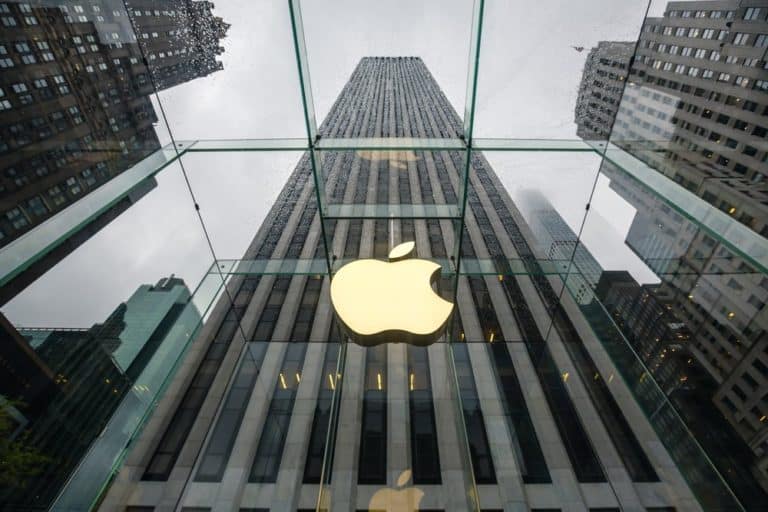According to Apple, Qualcomm refused to sell its 4G LTE modems to Apple, forcing the phone manufacturer to put exclusively slower copies of Intel in its handsets.
The legal battle between Apple and Qualcomm has suddenly become a lot more interesting. Since 2017, the two regrets have been in dispute over what Apple calls unfair licensing practices. Qualcomm, on the other hand, accuses Team Cupertino of infringing patents and transmitting confidential Qualcomm data to Intel.
No deal with Apple
Yesterday, Apple allowed the COO to testify before the Federal Trade Commission in the US. Jeff Williams announced that Apple initially intended to integrate Qualcomm’s latest 4G LTE modems into its latest iPhones. However, Qualcomm is said to have refused to sell the hardware to Apple, which meant that the telephone manufacturer had to resort to Intel’s less efficient chips.
The refusal to sell modems to Apple for use in the iPhone XS, XS Max and XR came after the start of the legal struggles between both parties. Initially, the perception was that Apple Qualcomm wanted to cut corners by opting exclusively for Intel, but according to Williams, that’s not true.
Expensive modems
In the testimony, Williams immediately reveals what Apple paid for Qualcomm modems. By phone, the company invested $7.5. Apple itself saw $1.5 as a fairer price. It also appears that Apple had asked Qualcomm for an incentive of one billion dollars to switch from Infineon modems to Qualcomm copies in 2010. The incentive was to cover the technical costs of switching to new modems.
At the time, Qualcomm wanted to obtain guarantees about a purchase in volume, and preferred to be an exclusive supplier. This was not in line with Apple’s vision of working with at least two suppliers for the components of its iPhones.
Apple modems usually declined from Intel and Qualcomm, so it had to artificially reduce the speed of the Qualcomm modems. The performance difference with Intel copies was too big, and without the intervention, some iPhones would perform better than others that are theoretically identical.
5G problem
The quarrel illustrates how both technology giants tried to throw their weight into the scale in order to get as much out of the fire as possible. However, the fact that this relationship ends in a legal battle can have far-reaching consequences. Due to the acidic relationship between the two, Apple has to wait for 5G modems from Intel for its iPhones. These are not on the agenda until 2020, while Qualcomm has already developed copies today.
In the first days of the fight before the courts, Qualcomm scored a number of victories. For example, a German court succeeded in prohibiting the sale of some old iPhone models. At present, however, the chip designer is under attack for monopolistic practices. If there is one thing that emerges from the above story, it is that Qualcomm’s modem offering is irreversible, and that it dares to challenge that position without hesitation. This in itself is, of course, at least an indication of an unhealthy monopoly position.
Related: Apple wins first patent lawsuit against Qualcomm
This news article was automatically translated from Dutch to give Techzine.eu a head start. All news articles after September 1, 2019 are written in native English and NOT translated. All our background stories are written in native English as well. For more information read our launch article.